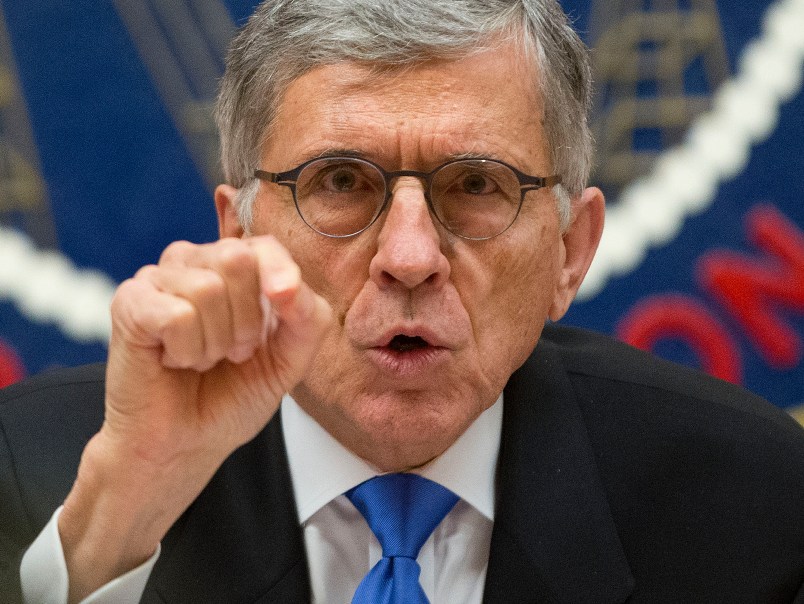President Barack Obama’s third greatest accomplishment in his second term – after the Iran nuclear deal and the Paris climate accord – may be his decision in October 2014 to back the idea that the Federal Communications Commission should be able to regulate internet providers the same way it regulates phone companies. The FCC’s Democratic majority, following Obama’s lead, used this principle to rule that the providers not be able to discriminate among content providers. They have to provide “net neutrality.” And today an Appeals Court, which had ruled against prior attempts to enforce net neutrality, has backed up the FCC’s decision. Here’s what is at stake, and why it’s important.
Under the 1934 Communications Act, the FCC was empowered to regulate common carriers like the telephone the same way it regulated public utilities. It could regulate what the carriers charge, it could demand they provide universal access to their services, and so on. But the vaguely worded Telecommunication Act of 1996, passed when the world wide web was still in its infancy, left unclear whether the FCC could regulate the internet as a common carrier, or whether as an “information service,” it would be free from most regulation.
In 2002, the FCC, under Michael Powell, and with a Republican majority, ruled that the internet was an information service. That precluded most attempts to regulate it. When Obama’s FCC tried to adopt net neutrality, an Appeals Court ruled against it twice on the grounds that the FCC had designated internet providers as information services. When the court ruled in April 2010 against net neutrality, the FCC’s chairman Julius Genachowski had tried to change the internet’s classification, but faced by the prospect of what one former Obama official called “world war III” from the telecom companies, backed down.
But in October 2014, after the second rebuff by the court, Obama came out publicly for reclassifying the internet, and the new FCC chairman Tom Wheeler pushed through the reclassification. And today the court ruled that based on that reclassification, the FCC has the right to demand that the internet providers adhere to neutrality. That’s a big deal. It prevents the internet –which is becoming the main means of global communication — from becoming, at least in the United States, a squalid monopoly in which providers can control what the public can see and read.






